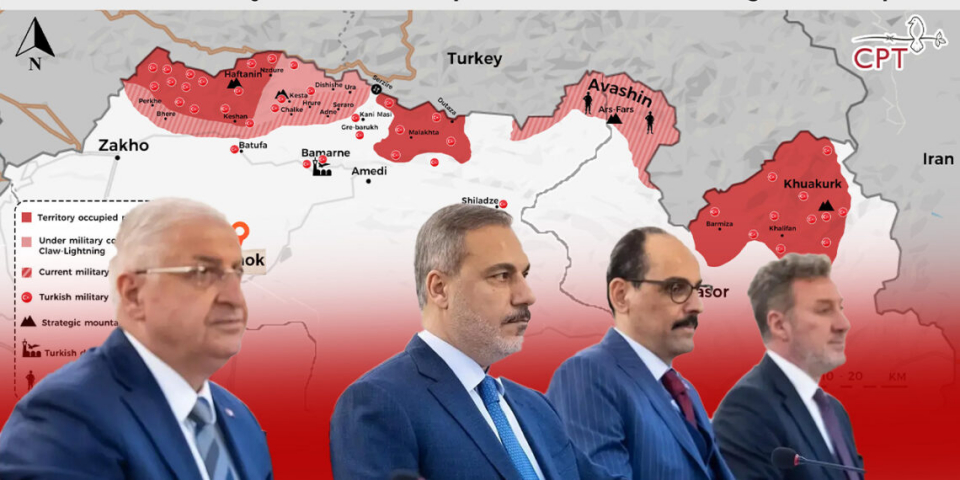Iraq and Turkiye have reached a significant security agreement on March 14, aiming to jointly combat the Kurdistan Workers Party (PKK), designated as a "terrorist" organization by Ankara and its NATO allies.
Under the terms of the agreement, Baghdad has officially designated the PKK as a "banned organization," paving the way for potential joint military action against the group in northern Iraq. Reports suggest that a major military operation is being planned to eradicate the PKK from the region, potentially involving the Popular Mobilization Units (PMU) and the establishment of a buffer zone within Iraq's borders.
Sources in Ankara revealed that political support for the operation could be secured through deals on water and energy resources, highlighting the multifaceted nature of the agreement.
A high-level Turkish delegation, including Foreign Minister Hakan Fidan, Defense Minister Yasar Guler, and intelligence chief Ibrahim Kalin, held discussions with Iraqi counterparts in Baghdad, emphasizing the shared security concerns posed by the PKK. Both nations underscored the PKK's threat to their respective territories and stressed the need for decisive action against the group.
The agreement sets the stage for Turkish President Tayyip Erdogan's upcoming visit to Baghdad, scheduled for after the holy month of Ramadan. This diplomatic engagement signals a deeper collaboration between Iraq and Turkiye, particularly in the realm of security and regional stability.
Furthermore, the security pact aligns with broader economic initiatives, including plans to develop a major trade route connecting Iraq to Europe and revitalize an essential oil pipeline linking northern Iraq to Turkiye's coast. Baghdad and Ankara aim to garner support from Gulf states to finance this ambitious project, presenting it as a viable alternative amid disruptions in Red Sea trade routes.
















